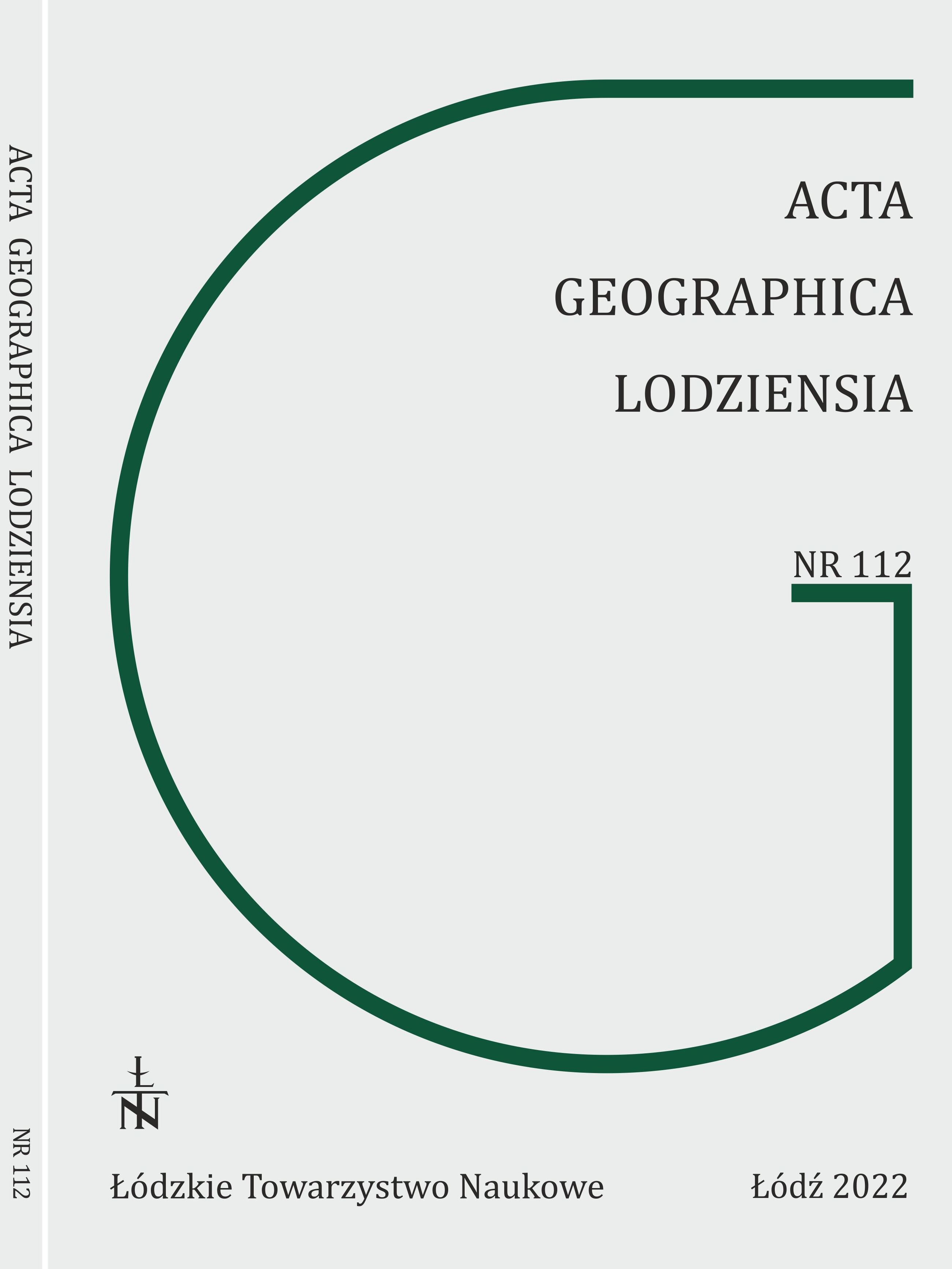Mercury in the sediments of selected peatlands in Małopolska region
DOI:
https://doi.org/10.26485/AGL/2022/112/5Keywords:
raised bog, geochemistry, heavy metals, human impact, southern PolandAbstract
The mercury content in peat layers of seven peat bogs in the Małopolska region (Wolbrom in the Kraków-Częstochowa Upland and Otrębowskie Brzegi, Puścizna Wysoka, Puścizna Mała, Przybojec, Puścizna Długopole and Bór na Czerwonem in the Orawa-Nowy Targ Basin) was determined to a depth of 100 cm at a resolution of 1–2 cm. Geochemical background and level of anthropogenic mercury enrichment were determined for each peat bog. To establish the interdependence between mercury concentration, mineral matter content and selected metals, geochemical diagrams and models of the system were drawn up representing the correlational relationships between the selected geochemical variables for three of the peat bogs in the Orawa--Nowy Targ Basin (Otrębowskie Brzegi, Przybojec and Bór na Czerwonem). It was found that, comparing against other European raised bogs, the range of mercury concentrations in the peat layer down to 50 cm in the peatlands of Małopolska is similar to those in Norway, Sweden, Denmark and Spain, and decidedly lower than in the peatlands in Scotland, Belgium and Czechia. Furthermore, the sites in the Orawa-Nowy Targ Basin were clearly lower, the lower the altitude of the peat bog surface, which is probably associated with local topoclimatic conditions.



